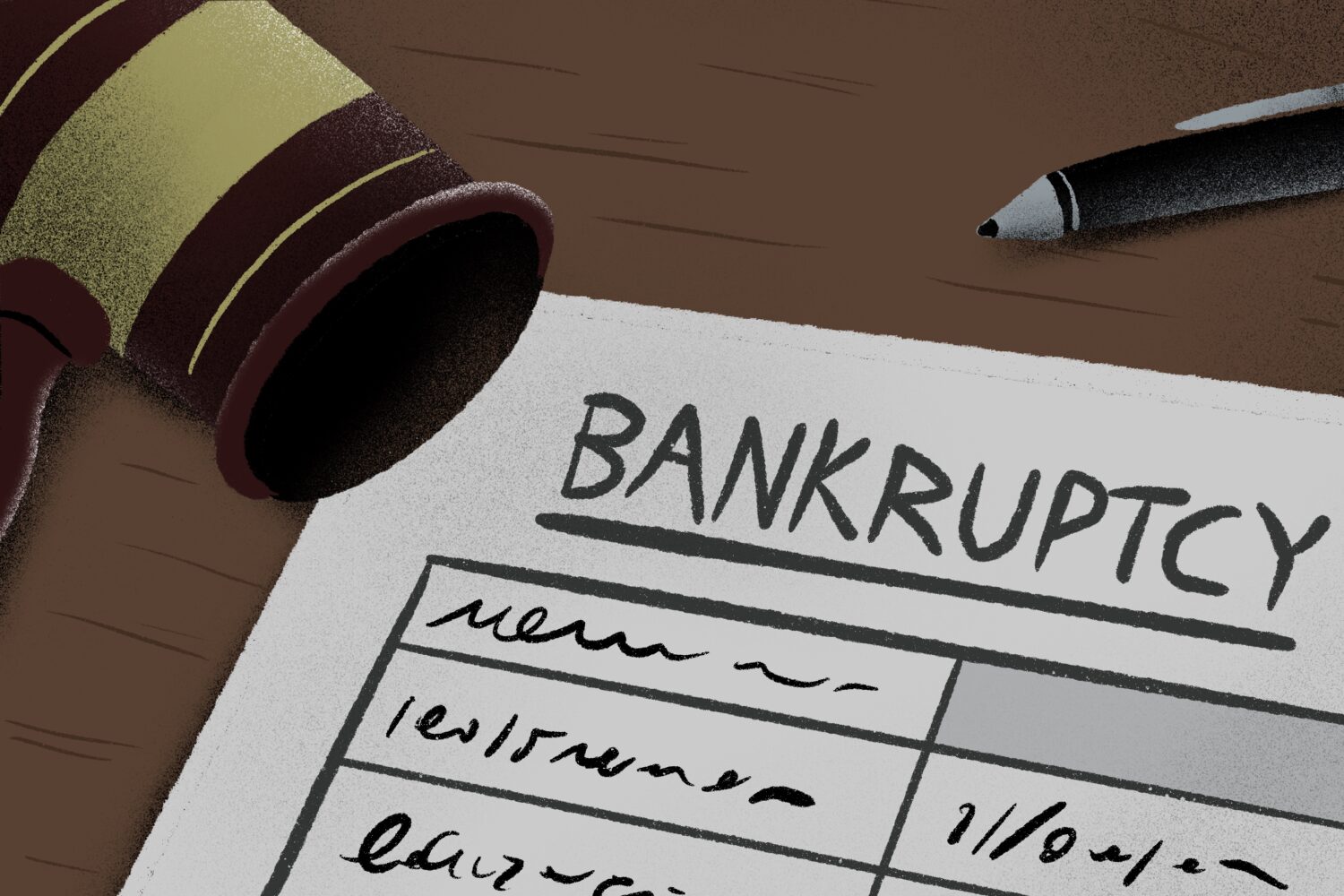Can You File for Bankruptcy in Any State or District?
Dealing with overwhelming debt can be a daunting experience. For individuals seeking a fresh start, bankruptcy can provide a path to financial recovery.
However, it’s essential to understand that bankruptcy laws can vary from state to state, adding an extra layer of complexity to the process.
In this article, we will explore the intricacies of filing bankruptcy across different states, ensuring you have the knowledge to navigate the legal maze effectively.
Bankruptcy Laws: A State-by-State Journey
Bankruptcy laws in the United States are primarily governed by federal regulations under the Bankruptcy Code. However, each state has the power to enact its own bankruptcy laws, resulting in variations that can significantly impact the process. These variations include state’s bankruptcy exemptions, filing requirements, and procedures, making it crucial to be familiar with the specific laws of the state in which you reside.
For example, while some states offer generous homestead exemptions, allowing individuals to protect their primary residence, others may have stricter limits. Similarly, the income thresholds for qualifying for certain bankruptcy chapters can differ from state to state. Being aware of these variations can help you strategize and make informed decisions during the bankruptcy process.
Where to Begin: Researching State-Specific Bankruptcy Information
Understanding the bankruptcy laws of your state is essential to navigate the process effectively. Fortunately, numerous resources can help you gain insights into state-specific regulations.
State bar associations, legal aid organizations, and official state government websites often provide detailed information on bankruptcy laws.
While these resources offer valuable guidance, it’s crucial to recognize that bankruptcy laws can be complex and subject to change. To ensure accuracy and personalized advice, it’s highly recommended to consult with a knowledgeable bankruptcy attorney licensed in your state.
They can provide expert guidance tailored to your unique circumstances, maximizing your chances of a successful bankruptcy filing.
The Role of Federal Courts: A Consistent Framework
While bankruptcy federal law can differ across states, federal bankruptcy courts maintain jurisdiction over all bankruptcy cases. These courts ensure a consistent framework for bankruptcy proceedings and provide oversight throughout the process. Regardless of the state you reside in, your bankruptcy case will ultimately be handled in a federal bankruptcy court.
Choosing the Right District: Factors to Consider
When filing for bankruptcy, it’s essential to select the appropriate bankruptcy district. Generally, you should file for bankruptcy in the district where you have resided for the majority of the 180 days prior to filing.
However, there can be exceptions to this rule, and other factors may influence your choice of the district, such as convenience and familiarity with local procedures.
Consulting with a bankruptcy attorney can help you determine the most suitable district for your case. They can evaluate the specific factors at play and guide you through the process, ensuring you file in the district that offers the best outcome for your financial situation.
Beyond Borders: Filing Bankruptcy When Residing in Different States
In some cases, individuals may live in one state but have financial obligations in another. This situation can present unique challenges when filing for bankruptcy. Coordinating the bankruptcy process across state lines requires careful consideration and strategic planning.
If you find yourself in such a situation, it is crucial to seek legal guidance from attorneys licensed in both the state where you reside and the state where your financial obligations exist. These professionals can help you navigate the complexities and ensure that your bankruptcy filing addresses all relevant debts, regardless of state boundaries.
National Scope: Filing Bankruptcy Without State Limitations
While bankruptcy law vary from state to state, some bankruptcy options are not dependent on state residency. Chapter 7 and Chapter 13 bankruptcies, which are the most common types, are available to individuals across the country.
Chapter 7 bankruptcy involves the liquidation of assets to repay debts, while Chapter 13 bankruptcy allows individuals to create a repayment plan to gradually settle their debts over a specified period. These federal bankruptcy options provide a pathway to financial recovery irrespective of state-specific regulations.
Navigating Exemption Laws: State vs. Federal
You’ve probably heard the term “exemptions” thrown around when discussing bankruptcy. But what does it mean? Exemptions protect certain assets from being liquidated during the bankruptcy process. Now, here’s where it gets interesting. You have the option to choose between federal exemptions and your state’s exemption system. The choice can make a significant difference in what you get to keep.
Homestead Exemptions: State’s Generosity Varies
Your home is more than just a building; it’s your sanctuary. That’s why understanding your state’s homestead exemption is crucial. Some states offer generous homestead exemptions, allowing you to protect a significant portion of your home’s value. Others? Not so much. Knowing your state’s homestead exemption laws can help you make an informed decision about when and where to file for bankruptcy.
Federal Exemptions: A Different Path
If your state’s exemptions don’t quite cut it, you might consider opting for federal exemptions. These are standardized exemptions that apply across the board, irrespective of your state of residence. Federal exemptions can be particularly beneficial for safeguarding retirement accounts and certain personal property. However, once you choose federal exemptions, you can’t mix and match with state exemptions. It’s an all-or-nothing deal.
State’s Exemption System: A Closer Look
Each state has its own set of exemption laws, which can include protections for your car, personal belongings, and even wages. Understanding your state’s exemption system is not just a good idea; it’s essential for maximizing asset protection during bankruptcy. And remember, these exemptions are subject to change, so always consult with a bankruptcy attorney to get the most current information.
The Importance of Your Bankruptcy Filing Date
When you’re drowning in debt, timing is everything. The date you file for bankruptcy can have a significant impact on your financial recovery. Why? Because your bankruptcy filing date determines the snapshot of your financial situation, which in turn influences exemptions, asset valuations, and even creditor claims. So, don’t rush. Take your time to understand the implications of your filing date, especially in relation to state and federal exemptions.
Conclusion
Charting Your Path to Financial Recovery: Bankruptcy Across State Borders
Filing for bankruptcy can be a lifeline for individuals drowning in debt, offering the chance to rebuild their financial lives.
However, it’s crucial to navigate the complexities of bankruptcy laws across states to ensure a successful filing. By understanding state-specific regulations, consulting with an experienced bankruptcy lawyer, and leveraging federal bankruptcy options, you can chart a path to financial recovery that transcends state boundaries.
Remember, knowledge and expert guidance are key to turning the bankruptcy process into a fresh start on your journey toward financial freedom.







